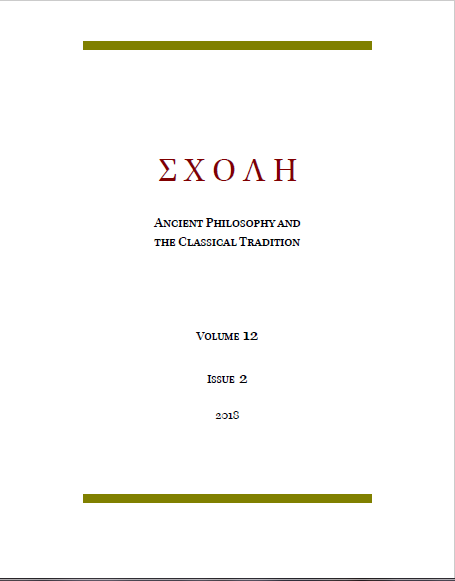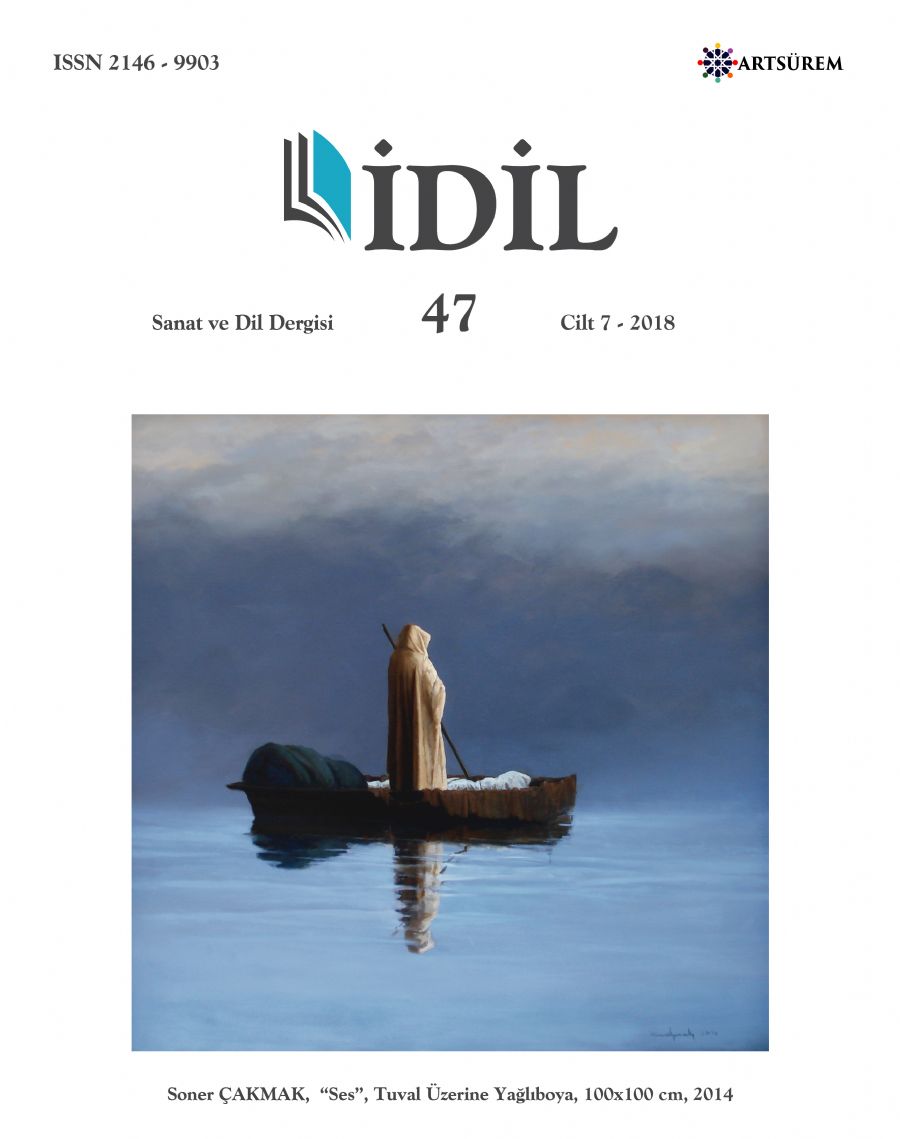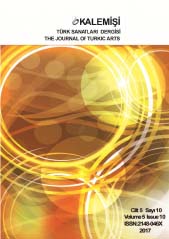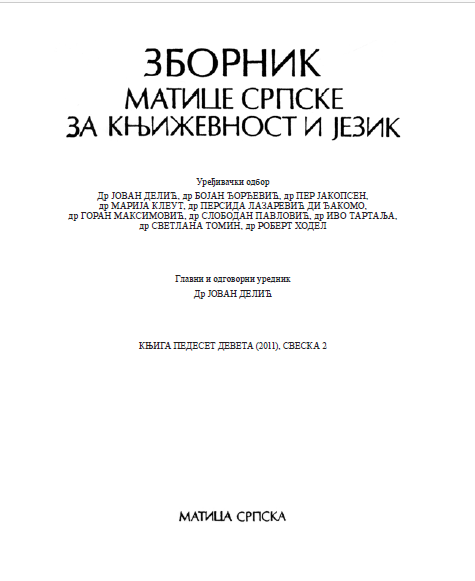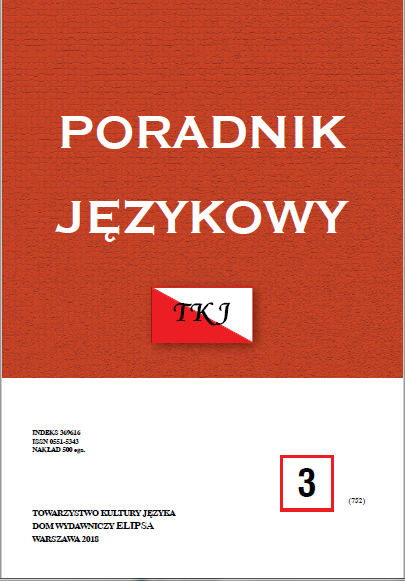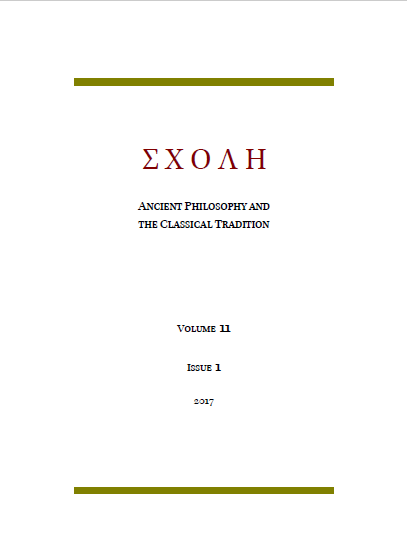
WHY PROTAGORAS GETS PAID ANYWAY: A PRACTICAL SOLUTION OF THE PARADOX OF COURT
The famous dispute between Protagoras and Euathlus concerning Protagoras’s tuition fee reportedly owed to him by Euathlus is solved on the basis of practical argumentation concerning actions. The dispute is widely viewed as a kind of a logical paradox, and I show that such treating arises due to the double confusion in the dispute narrative. The linguistic expressions used to refer to Protagoras’s, Euathlus’s and the jurors’ actions are confused with these actions themselves. The other confusion is the collision between the pairs of incompatible actions ambiguously expressed by two different pairs of sentences, one of which is a propositionally consistent pair whereas the other is an inconsistent one. The actional (practical) paradox solution aims to clear up these confusions by means of two core borderlines, propositional and expressive, drawn between the actions and the propositions. The propositional distinction says that actions are empirical facts and they lack truth values unlike propositions, which are mental entities and are often employed for referring to the actions. This distinction helps to avoid the confusion between the empirical incompatibility of actions and the truth-functional inconsistency of propositions. The expressive distinction claims that although the same linguistic sentences can be used to refer both to actions and propositions, two empirically incompatible actions can be expressed both by a pair of inconsistent propositions as well as by a pair of consistent ones.
More...
